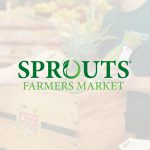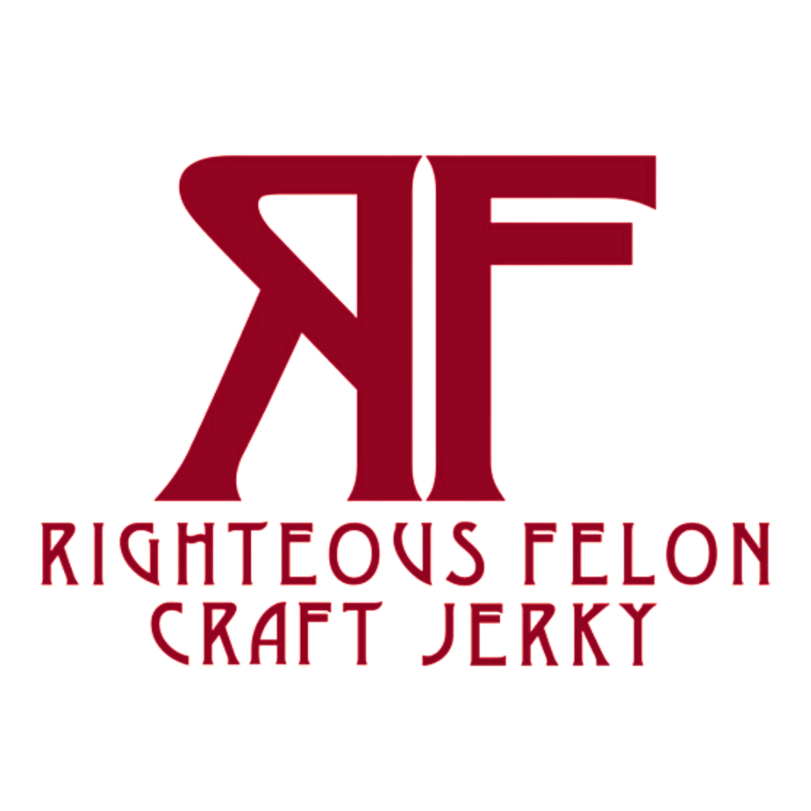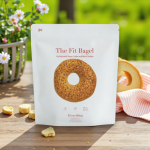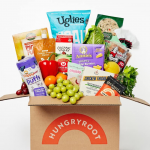Planet FWD Seeks to Pioneer New ‘Climate-Friendly’ Category With Moonshot Snacks
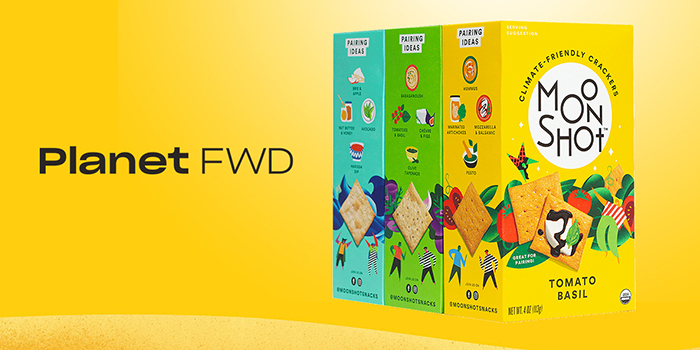
For even the most eco-conscious shoppers, the industrial food system’s many contributions to greenhouse gas emissions, from eroded farmland to landfills packed with plastic food packaging, can appear to be insurmountable problems. As Julia Collins, founder and CEO of climate-friendly food company Planet FWD and its first brand, Moonshot, looks to tackle these issues and create a more sustainable food system, she’s found a simple starting point that’s a bit more digestible: a box of crackers.
Collins, co-founder of tech-enabled pizza company Zume Pizza, said she began to rethink her relationship with food after the birth of her son in 2017, switching from being a “plant forward” to “planet forward” eater, and now describes herself as a “climatarian.” Upon learning that about a quarter about global greenhouse emissions come from land use for food production, Collins said she turned her “anger into activism,” aiming to reform the food system through regenerative agriculture, creating parent company Planet FWD and launching its Moonshot, its carbon neutral, climate-friendly snack brand, in December.
“I got really excited about what I saw as a future where all products are climate friendly,” she said. “The thing that I wanted to do was to create a climate-friendly snack brand, so that I could then create a new category of food called climate-friendly food.”
To lead the Moonshot brand, Collins brought on former Medlie CEO Jen Berliner, who said she was “ready for a new challenge” when joining Moonshot, believing that products that are better for the planet and consumers’ health is “the future of CPG.”
Moonshot’s crackers are made with organic and regeneratively grown ingredients, available in Tomato Basil, Sourdough Sea Salt and Rosemary Garlic flavors. They’re currently sold on the brand’s website (with carbon neutral shipping options) as well as on ecommerce platforms like Zero Grocery, Bubble and Goldune that share the company’s climate-friendly values. This week, the brand will make its retail debut in Northern California retailers such as New Leaf Market, Berkeley Bowl and other independent retailers in the Bay Area. While it’s focused on the natural channel on the West Coast for now, Berliner said she is encouraged by the “focus on amplifying brands focused on sustainability” that the brand has seen in early conversations with larger retailers.
Though it’s a measured plan to growth, it’s taken a fair amount of effort to even achieve this much.
There was no clear roadmap to create food products with only regeneratively grown ingredients, so Collins had to first track down farms and then determine what products could be made from those ingredients. Collins ultimately engaged in a “listening tour” in order to discover “what was happening at the farm level that was worth celebrating,” she said. For example, the producer of the crackers’ main ingredient, Edison wheat, is Hedlin Farms, a fourth generation farm and first generation regenerative farm in Skagit Valley, Washington which practices no-till farming, cover cropping and livestock integration. Meanwhile Moonshot’s organic sunflower oil is produced by Colorado Mills in a zero-waste-to-landfill facility.
“We wanted to understand what was being grown, what was the best use of the land, and then create products that came from those sources,” she said. “And that’s how we continue to think about product development in the future.”
In addition to becoming an early mover in the climate-friendly snack space with Moonshot, Planet FWD also aims to help others in the natural product industry create their own sustainable supply chains. Collins said the company is developing a software tool to help connect other brands with ingredients produced through regenerative agriculture. The software is currently in a pilot phase with a limited number of brands, she said, working with these companies on sourcing as well as identifying other ways for brands to reduce their carbon footprint on the product level.
The proposition of both “snacks and software” was what drew investors to Planet FWD, Collins said. The company closed its first seed round totaling $2.7 million in January 2020, with investors including BBG Ventures, and raised an additional $2.5 million in November led by Emerson Collective.
“It’s a really interesting investment opportunity, because we’re creating value in these distinct verticals,” she said. “So investors who came into the Planet FWD deal were inspired by both what we’re building on the Moonshot side of things, and also in the longer term, the software where we’re helping to solve the pain points of other sustainable brands.”
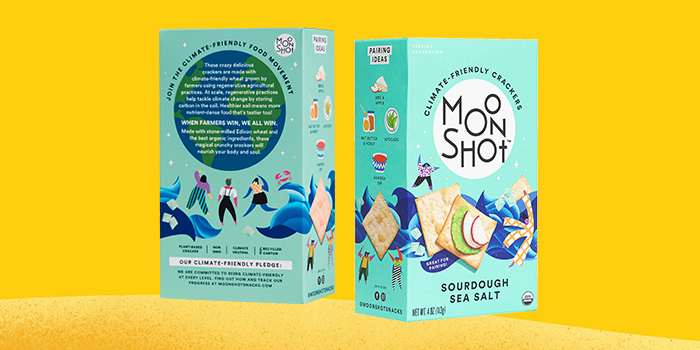
Collins said she’s realized that there is a “spectrum of awareness” among consumers regarding climate change, so the company has had to learn to use language and messaging that “unifies everyone.” To do this, the brand uses more digestible concepts that resonate with consumers, like supporting farmers and improving soil health. Berliner said the brand is balancing “joy and fun” on its brightly colored packaging with its climate change messaging to avoid the “don’t do this, don’t do that” approach that some climate-focused companies adopt.
“We really want Moonshot to be a brand that makes being climate friendly, or makes being sustainable, accessible for all consumers,” Collins said. “We don’t want to be just talking to a very narrow swath of consumers who are already very far along on their climate journey.”
Despite its many environmentally-friendly attributes, Collins and Berliner believe there is still room for improvement. They initially hoped to launch Moonshot with compostable packaging, but it instead launched with 100% recycled cartons and recyclable interior package bags, due to issues with price and manufacturability of compostable packaging, Collins said. The brand still aims to be a “first mover in the space” once options for compostable packaging are more widely available.
“That’s work that we’re continuing to do internally to push ourselves,” Berliner said. “And we’ve also been very transparent about how we’re all focused on doing the work rather than necessarily doing it perfectly, and really being side-by-side with our customers.”

